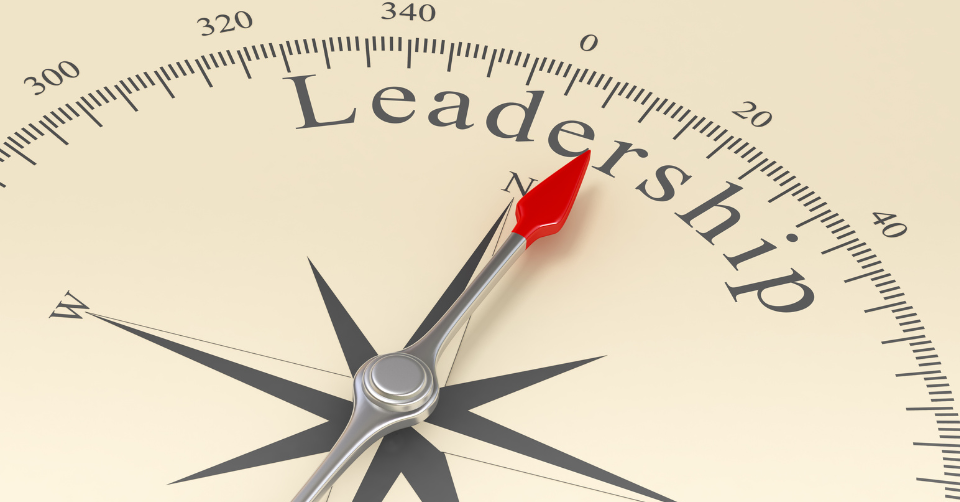How to select the right skills measurement platform for leadership development

Developing employee skills should be the first priority of any company. Especially because organizations are built around talented people and the power of their individual skills. Of all employee skills, leadership skills are some of the hardest to benchmark, improve, and measure.
This is because many leadership skills are “soft skills” – including emotional intelligence, communication, adaptability, empathy, and more.
The big question is, how do you properly identify and build leadership skills? Today, we’ll answer that question.
Why should you measure skills for leadership development in the first place?
It's not enough to assume what your team knows or doesn’t know when it comes to leading others. You need to benchmark how well they can actually apply their current skills in leadership situations. That’s where something called a skills measurement platform comes in.
Think of a skills measurement platform as your foundation for training employees: it helps you see who's on track, who needs a little help, and which groups of people may be ready for leadership roles.
Skills measurement platforms are the new-age of skills development. They replace traditional training, onboarding, and more with cutting-edge data and enhanced learner experiences.
What are most companies still doing? They are stuck in the past! Traditional self-assessments or performance reviews aren't objective, and this is how most companies measure and evaluate skill sets. By using these outdated methods, you’ll neve be able to pick out potential leaders in your departments, or upskill employees effectively.
With a skills measurement platform, you get an unbiased and more accurate picture of your team's strengths and weaknesses. You’ll be able to identify improvement areas with objective data… then use that data to develop leadership abilities.
What should your skills measurement platform be able to do?
Selecting the right skills measurement platform is no piece of cake. There are many features of various platforms that all promise to improve employee skills in many different ways – from leadership to DEI to compliance and more. Your skills measurement platform must be chosen carefully. Here’s what it should include:
1. Objective skills validation
You want data you can rely on. It is only through objective and unbiased data that leadership skills can be validated. Platforms that use simulation-based assessments or AI-driven analysis provide much better results for benchmarking employee skills.
Look for platforms that run employees through real-world scenarios. This lets you validate skills performance, not just their broad knowledge.
For example, everyone knows they should be emotionally intelligent when responding to an upset co-worker. But how many actually say the right thing in the moment? The right skills measurement platform will test employees in real-life scenarios just like this.
2. Customize to your organization
Your leadership training programs are unique, and your skills measurement platform should be too. Whether the focus is on technical skills, soft skills, or particular leadership abilities, your skills measurement platform should be able to tailor the data, simulations, and insights to fit the goals of your organization.
3. Engagement of learners
A platform nobody uses is a waste of money. Find a platform that will proactively engage your team through intuitive and interactive features: gamification, real-time feedback, and personalized training recommendations that make learning more interesting and effective.
The more engaged employees are, the better the data will be. And with personalized training feedback, you'll be able to point employees toward certain skills they need to practice – not the ones they’ve already mastered. At the very least, make sure the platform integrates with your chosen LMS or learning environment so you can have employees easily access the training.
4. Scalability across teams
Your skills measurement platform should grow with your company. Whether it be measuring leadership skills in a small department or scaling across thousands of employees, the platform needs to grow with you.
Leadership training and development programs are ongoing, and your platform should be flexible enough to adapt to the growing complexity of your workforce.
An example of this could be rolling out a specific training program to a small leadership team… analyzing the initial data… then relaunching a new version to a larger cohort of people.
5. Actionable data insights
Data is only as valuable as what you can do with it. The best platforms don't just collect information. They provide insights you can use to make smarter decisions.
In the case of leadership development, your skills measurement platform should provide useful data about:
- Who is ready to be promoted into a new role?
- Which teams or employees are lacking in leadership skills?
- Is one of your employees in the wrong role right now – and may be better fit for a different one?
With integrated analytics, you can make high-stakes decisions in your organization. This will save money, increase revenue and productivity, and reduce risk over time. Make sure your skills measurement platform and strategy support this sort of data collection and control.
How to implement a skills measurement platform
Keep in mind, your skills measurement platform should have simulations, data analytics, and adaptability to your organization.
Some companies have been using immersive simulations and skills data for years. Others are stuck in the past – relying on performance reviews, in-person retreats, and training courses to drive their leadership skill development.
In the case of leadership skills, you must step into the new age and implement a skills measurement platform that scales with your organization. Leverage immersive simulations, skills data tracking, and learning environments that support true employee development.
Once you’ve made your choice on which platform to use, here’s how to implement it.
1. Focus on high-impact skills
For leadership development, concentrate on skills that have a direct impact on business outcomes. Don't try to measure everything at once. Start by focusing on the most important skills. Examples of these are decision-making, communication, and conflict resolution.
2. Scale strategically
It is very tempting to roll out your new skills measurement platform across the entire organization in one go. Although this is doable, it’s smart to start with key departments where there is an immediate pressing need. You can gain insights, and make improvements before putting 100,000+ people through one simulation or program.
3. Align your LMS for training
If you are already on an LMS for training, make sure your skills measurement platform integrates well with it. You can then directly link skill assessments with leadership training and development programs, which keeps employees engaged and on track.
4. Keep feedback loops open
Leading a leadership development program can be difficult. That’s because your managers, executives, or the board will want to see tangible results. A great skills measurement platform gives you those tangible insights and skills data.
However, you must ask your executives, managers, or the board what they are looking for out of the program you’re developing. This will keep the feedback loop open and get the best results as fast as possible.
What should you do next?
Measuring skills is essential to your organization’s success. Make sure you follow the guidelines in this article before you choose your platform and get started.
On the right platform, you can pinpoint leadership gaps before they become headaches, drive more personalized learning, and adapt quickly when your organization grows or changes.
Want more help? Download our Buyer’s Guide: How to Choose the Best Skills Measurement Platform to learn more about skills data, skills verification, and how it relates to leadership development.

